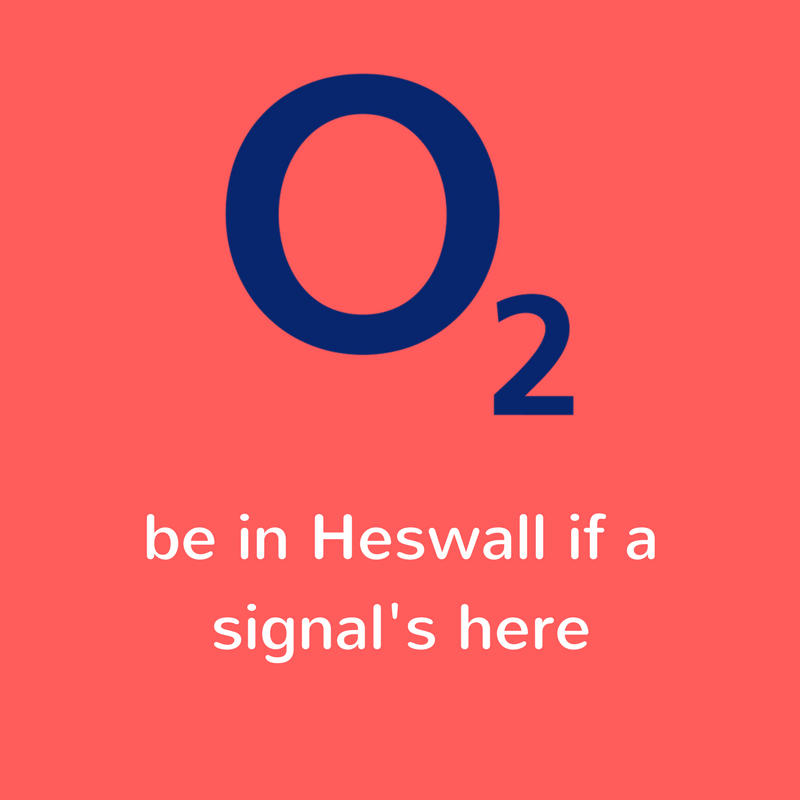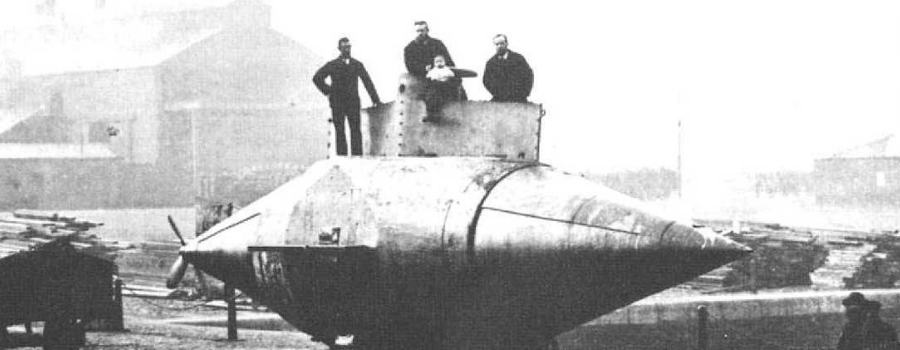[dropcap type=”circle”]I[/dropcap]n April, after months of unsatisfactory or non-existent mobile phone service, Heswall Today complained to its provider, Tesco Mobile.
After more months of exchanges – in which the company gave repeated assurances that ‘engineers were investigating’ the ‘fault’ – we reached what Tesco Mobile described as ‘deadlock’. This was a surprise, as there was still no reason given as to why the O2 signal had collapsed (Tesco Mobile uses O2 as its carrier), so it was difficult to comprehend what the ‘deadlock’ was about.
Tesco Mobile offered alternative courses of action. Either accept the modest compensation of 4 months useage and be released from contract; or complain to the Ombudsman who deals with Communications issues.
In September, during a phone conversation with a representative of Tesco Mobile Customer Concerns team, Heswall Today was finally told what had long been suspected – that an O2 mobile mast had been decommissioned and that this, unsurprisingly, was the cause of awful service.
The date of the decommissioning was not given, but judging by the timing of loss of signal, it took place in late 2016.
A complaint to the Ombudsman was made, summed up as follows:
- If a mast had been decommissioned at the end of last year, why was Tesco Mobile still ‘investigating’ a ‘fault’ in August this year?
- Shouldn’t customers reliant on O2 have been warned of the imminent decommissioning and been given the chance to find another provider and be released from their contracts?
- Once the mast was out of action weren’t the companies ‘providing’ a ‘service’ in breach of those contracts?
- Why did it take Tesco Mobile so long to inform Heswall Today that the mast was no longer functioning when it had been in this state for at least 10 months?
- Compensation should be awarded not only for the inconvenience of No Service, but also for the obfuscation and the need to rely on a landline when making calls at considerable extra cost.
Ombudsman Services were quick and efficient and concluded that Tesco Mobile had failed on several counts. They proposed that the airtime agreement should be torn up, that Tesco Mobile write to apologise, and that compensation of £50 should be paid. However, it was also stated that Tesco Mobile had informed Heswall Today about the decommissioning in June. This was not true and seemed designed to justify the letter sent announcing that ‘deadlock’ had been reached. It also begged the question: if such a message had been given, why was Tesco Mobile still sending texts in August claiming that the ‘investigation’ was continuing?
This was pointed out to the Ombudsman who quickly responded with a proposal to increase compensation to £75.
Every little helps…
Within a clear summary Ombudsman Services said: “I am of the opinion that Tesco Mobile has caused delays in resolving this matter and has handled your complaint poorly. I consider that it should have notified you of the decommissioning and also explained this to you when you first raised concerns.”
Any mobile users who depend on O2 and have complained should note this if they, too, were never told the simple reason for their poor local service.
Heswall’s ‘Mastgate’ may not be on a par with Donald Trump’s Russia problem, but at least this story demonstrates that consumers at the end of their tethers can find support, but still begs the question: when the mast was decommissioned in late 2016, why were customers not informed? O2 and its partners must have understood the consequences.
If they didn’t, they don’t deserve to be in the mobile telephone business.


























